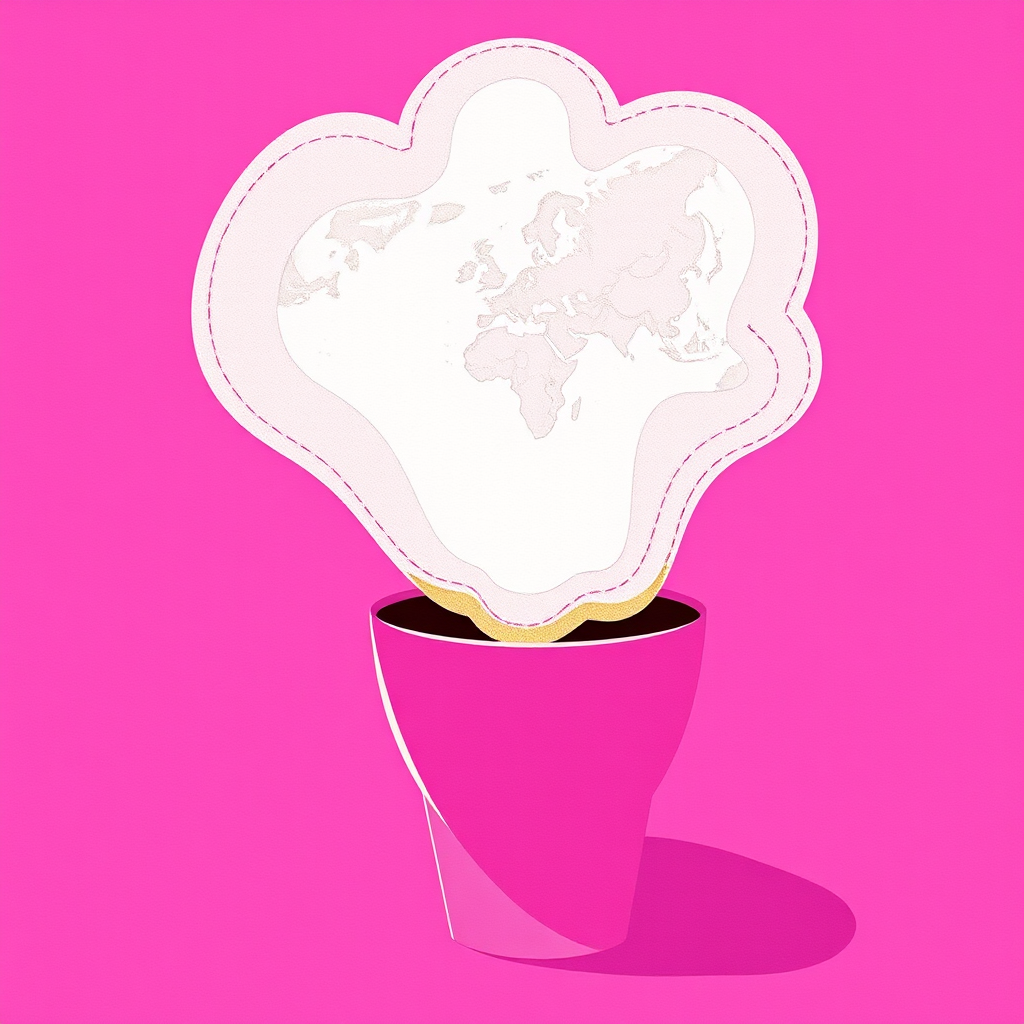Understanding the American Obsession with Coffee

Table of Contents
Introduction
Coffee. For many Americans, it's more than just a beverage; it's a ritual, a necessity, and an integral part of daily life. From the bustling streets of New York City to the quiet suburbs of the Midwest, the aroma of freshly brewed coffee permeates the air. But what fuels this widespread obsession? This article delves into the historical, cultural, psychological, and economic factors that contribute to America's enduring love affair with coffee.
Historical Roots of Coffee in America
While coffee originated in Ethiopia, its journey to America began much later. Tea was the preferred beverage during the colonial era, but the Boston Tea Party in 1773 significantly altered drinking habits. Coffee became a patriotic alternative to tea, solidifying its place in American society. By the 19th century, coffeehouses were flourishing, serving as important social and political hubs.
The Role of Branding and Marketing
Early coffee brands like Folgers and Maxwell House played a crucial role in popularizing coffee nationwide. Their marketing campaigns emphasized convenience, affordability, and the energizing effects of coffee, further embedding it into the American lifestyle.
Coffee's Cultural Significance
Coffee has become deeply ingrained in American culture, symbolizing productivity, social connection, and even rebellion. It's the fuel for early mornings, late nights, and everything in between. Coffee breaks are a staple of the workplace, providing a moment for colleagues to connect and recharge. Furthermore, coffee shops have evolved into community spaces, offering a place for people to work, socialize, and express themselves.
Coffee as a Social Ritual
Meeting a friend for coffee is a common social ritual in America. It's a casual and accessible way to catch up, conduct business, or simply enjoy some company. This social aspect contributes significantly to coffee's popularity.
Psychological Factors at Play
The psychological effects of caffeine play a significant role in coffee's appeal. Caffeine stimulates the central nervous system, boosting alertness, concentration, and mood. For many Americans, coffee is a reliable tool for combating fatigue and improving performance. Beyond caffeine, the ritual of preparing and consuming coffee can also be comforting and grounding, providing a sense of routine and control.
The Power of Habit
For many, the morning coffee is simply a habit. The taste, smell, and the routine itself can be deeply ingrained, creating a powerful psychological association.
The Economic Impact of Coffee
The coffee industry is a major economic force in the United States, generating billions of dollars in revenue each year. From coffee farms to roasting plants to coffee shops, the industry provides employment for millions of people. Furthermore, the demand for coffee beans supports farmers in coffee-producing countries around the world. "Hard work is part of a healthy life balance." And for many, coffee helps them to work hard.
The Coffee Shop Economy
Local coffee shops contribute to the vibrancy of neighborhoods, providing a gathering place and fostering a sense of community. Chains like Starbucks have also significantly impacted the landscape, creating a standardized and accessible coffee experience across the country.
The Rise of Specialty Coffee
In recent years, there has been a growing interest in specialty coffee, which emphasizes high-quality beans, meticulous brewing methods, and a focus on flavor profiles. This trend reflects a desire for a more nuanced and sophisticated coffee experience. Independent coffee shops and roasters are leading the charge, educating consumers about the nuances of coffee and promoting sustainable practices.
Third Wave Coffee
The "third wave" coffee movement emphasizes the entire coffee experience from bean to cup, similar to the approach to wine. This includes sourcing beans from specific regions, roasting them carefully, and using precise brewing methods.
Health Considerations
While coffee offers several potential health benefits, such as improved cognitive function and a reduced risk of certain diseases, it's important to consume it in moderation. Excessive caffeine intake can lead to anxiety, insomnia, and other adverse effects. Furthermore, the addition of sugar, cream, and other additives can negate some of the health benefits. Individual tolerance to caffeine varies significantly, so it's essential to listen to your body and adjust your consumption accordingly.
Decaffeinated Options
For those who are sensitive to caffeine, decaffeinated coffee provides a way to enjoy the taste and ritual of coffee without the stimulating effects.
Future Trends in the American Coffee Scene
The American coffee scene is constantly evolving, with new trends and innovations emerging all the time. Some future trends to watch include the increasing use of technology in coffee preparation, the growing popularity of cold brew and nitro coffee, and a greater emphasis on sustainable and ethical sourcing practices.
Sustainable Practices
Consumers are increasingly aware of the environmental and social impact of their coffee choices. This is leading to a greater demand for sustainably sourced and ethically traded coffee.


Comments
Post a Comment